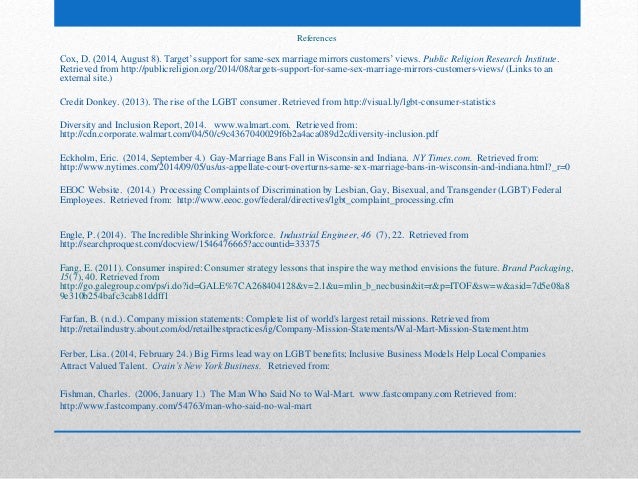Walmart Policy For Employees
The change came in response to feedback from employees that they preferred to use their phones rather than store-issued devices to access information or perform certain tasks. Jan 12, 2018 - Walmart announced expanded paid parental leave benefits for all full-time. Walmart Announces Incomplete Paid Leave Policy for Employees. Jan 11, 2018 - But economists and professors cast doubt on whether tax policy. [Walmart is asking employees to deliver packages on their way home from. Walmart is a disgraceful company, breaking company policy and procedures and employee rights.Because there are no jobs on the market, does not give the right to be abused in the job you have.
Walmart Grievance Policy For Employees
In April 2002, the Wall Street Journal published an titled “Companies Profit on Workers’ Deaths Through ‘Dead Peasants’ Insurance,” describing what was then a little-known practice wherein large companies purchased corporate-owned life insurance (or COLI) policies on low-level employees in order to garner tax breaks and profit from their deaths (even if those employees had long since ceased working for the companies that took out the policies). That article addressed the more colorful name by which the practice had become more widely known in subsequent years, “dead peasant insurance,” and how it grew to become common after regulatory changes in the 1980s: The practice is as widespread as it is little-known. Millions of current and former workers at hundreds of large companies are thus worth a great deal to their employers dead, as well as alive, yielding billions of dollars in tax breaks over the years, as well as a steady stream of tax-free death benefits. Nestle USA has policies covering 18,000 workers, Pitney Bowes Inc. Has policies covering 23,000, and Procter & Gamble Co. Super nintendo game boy cartridge.

Walmart Policy For Employees Bereavement

Has 15,000 covered workers, spokespeople for these companies confirm. The coverage is called broad-based insurance, or corporate-owned life insurance, usually shortened to COLI. For years, companies could insure only key personnel deemed essential to the business. But a loosening of state rules in the 1980s allowed for an explosion in a new kind of COLI that covers rank-and-file workers — known in the insurance industry as janitors insurance or, in at least one instance, dead peasants insurance.
“I want a summary sheet that has the Dead Peasants in the third column,” one of Winn-Dixie Stores Inc.’s insurance consultants wrote in a 1996 memo. Winn-Dixie wouldn’t comment on the memo. The article focused in part on the 1992 death of former retail employee Felipe M.
Tillman, aged 29, and a policy for $339,302 paid out to the parent company of the music store that briefly employed him. According to the piece, a lawsuit filed by the deceased’s relatives exposed the fact that “CM Holdings used $168,875 of the death benefit on Mr. Tillman for executive compensation.” However, executive compensation was only one use for such insurance policies that was cited by the companies interviewed about COLI payouts; insurance funds were applied in a number of ways to company expenses of varying descriptions. A case involving Winn-Dixie’s use of COLI policies was pivotal in drawing attention to the issue, and Tillman’s brother before the U.S. Senate Committee on Finance about the issue in 2003: The abuse of EOLI policies first gained national public attention in a case involving the Winn-Dixie supermarket chain. Cara menggunakan software one click unbrick.